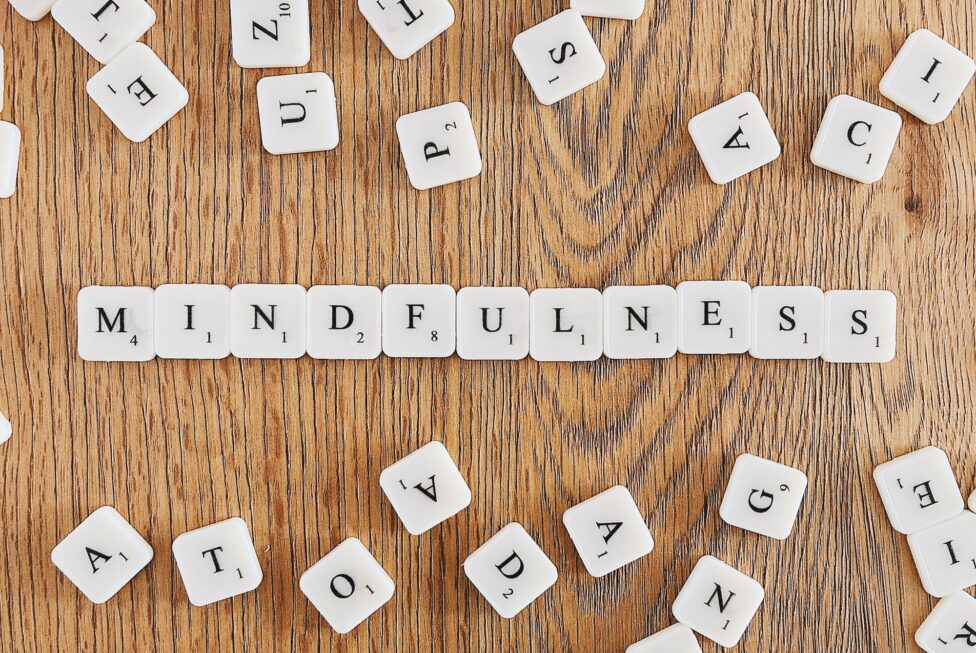In today’s fast-paced world, finding moments of inner peace and calm can feel like a luxury. The constant demands of work, family, and daily responsibilities can leave us feeling overwhelmed and stressed. However, there is a powerful practice that can bring serenity into our lives: mindfulness.
What is Mindfulness?
Mindfulness is a centuries-old practice rooted in Buddhist traditions, but it has found a place in contemporary society as a powerful tool for reducing stress and enhancing overall well-being. At its core, mindfulness involves paying focused and non-judgmental attention to the present moment. It’s about being fully aware of your thoughts, emotions, and sensations without trying to change or judge them.
The Magic of Mindfulness
Mindfulness is often referred to as “magic” because of the profound positive effects it can have on mental, emotional, and even physical health. Here are some of the magical benefits of practising mindfulness:
1. Stress Reduction
One of the most significant benefits of mindfulness is its ability to reduce stress. By becoming aware of your thoughts and feelings without reacting to them, you can break the cycle of stress and anxiety. Mindfulness allows you to respond to challenges with calmness and clarity.
2. Improved Emotional Regulation
Mindfulness helps you become more attuned to your emotions and how they manifest in your body. This increased awareness allows you to respond to emotions more healthily, reducing impulsivity and emotional reactivity.
3. Enhanced Focus and Concentration
In our digitally connected world, maintaining focus can be a challenge. Mindfulness practice strengthens your ability to concentrate on tasks by training your mind to stay present and resist distractions.
4. Greater Self-Awareness
Mindfulness fosters a deep understanding of yourself. You become more attuned to your values, beliefs, and desires, which can lead to greater self-acceptance and authenticity.
5. Improved Relationships
By practising mindfulness, you can become a more attentive and empathetic listener. This can enhance your relationships by allowing you to be fully present with others and understand their perspectives.
6. Better Physical Health
The benefits of mindfulness extend to your physical health. It has been linked to reduced blood pressure, improved sleep, and enhanced immune function.
Techniques for Practicing Mindfulness
Now that we’ve explored the magic of mindfulness, let’s delve into some techniques to help you incorporate it into your daily life:
1. Mindful Breathing
Begin by finding a quiet space where you won’t be disturbed. Sit or lie down comfortably and close your eyes. Take a few deep breaths to settle in. Then, simply focus your attention on your breath. Notice the sensation of the breath entering and leaving your body. If your mind wanders, gently bring your focus back to your breath. Start with a few minutes and gradually increase the duration.
2. Body Scan
This technique involves paying attention to different parts of your body. Start at the top of your head and slowly move your attention down, noticing any sensations or tension along the way. This practice can help you become more aware of physical sensations and release bodily tension.
3. Mindful Walking
Take a leisurely walk in a park or any natural setting. As you walk, pay attention to each step, the feeling of the ground beneath your feet, and the sights and sounds around you. This practice can be grounding and provide a sense of peace.
4. Mindful Eating
During meals, eat slowly and savour each bite. Pay attention to the taste, texture, and smell of your food. Eating mindfully can enhance your enjoyment of meals and promote healthier eating habits.
5. Guided Meditation
Use guided meditation apps or recordings to lead you through mindfulness exercises. These resources can provide structure and guidance, especially if you’re new to mindfulness.
6. Daily Mindfulness
Incorporate mindfulness into your daily routine by choosing specific activities to do mindfully. This could include brushing your teeth, washing dishes, or even commuting to work. By approaching routine tasks with mindfulness, you can infuse your day with a sense of calm and presence.
Conclusion
Mindfulness is indeed a magical practice that can transform your life by bringing inner peace and calm. By incorporating mindfulness techniques into your daily routine, you can reduce stress, enhance emotional well-being, and improve your overall quality of life. Remember that mindfulness is a skill that develops with practice, so be patient with yourself as you embark on this transformative journey toward greater self-awareness and serenity.



